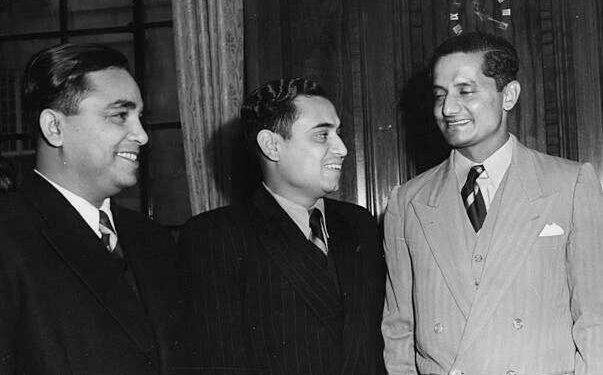Thousands of revolutionaries sacrificed their lives for the country in India’s freedom movement. One of the prominent names among these is that of Rash Bihari Bose. Rash Bihari Bose dedicated his entire life for the independence of the country and for this he went beyond the borders of the country and worked to drive the British out of the country. He contributed to many notable works like Gadar Conspiracy, Lord and establishment of Azad Hind Fauj. While living in Japan, he worked continuously for the independence of the country.
Rash Bihari Bose was born on 25 May 1886 in a Bengali Kayastha family in Subaldah village of Bardhaman district of Bengal. His father’s name was Vinod Bihari Bose and mother’s name was Bhuvaneshwari Devi. Since childhood, Rash Behari witnessed the period of epidemic and drought, along with this he also saw the atrocities of the British Empire and his mind was filled with hatred towards the British.
Rash Bihari, who had a sensitive mind, started dreaming of the country’s independence since childhood. He also had a keen interest in revolutionary activities. Bose’s college education was at Dupleix College, Chandannagar, where its principal Charu Chandra Roy inspired him to take up revolutionary politics. Later, Bose also obtained degrees in medical science and engineering from France and Germany.
Rash Bihari Bose first worked as a head clerk at the Forest Research Institute (FRI) in Dehradun, where his son met Amarendra Chatterjee of the revolutionary organization and became involved in revolutionary activities in Bengal. But they are not limited to this. Apart from being a disciple of Aurobindo Ghosh, Bose was also in contact with the revolutionaries of Uttar Pradesh, Punjab and Arya Samaj.
Viceroy Lord Hardinge walked out after the Delhi Durbar held by George V in Delhi on 12 December 1911. The work of throwing bombs on that procession was done by Amarendra Chatterjee and Basant Kumar Vishwas. This bomb was actually made by Rash Behari Bose. After this incident Bose started working in his office in Dehradun and did not allow the British to touch him.
At the time of the First World War, the revolutionaries saw that the British needed more soldiers for the war, hence the British soldiers would be less in India, taking advantage of this the Gadar plan was made to revolt. Although this effort was all India, still it could not succeed. When this plan failed, many revolutionaries were caught, even Rash Behari Bose was not captured by the British.
By this time the British had given up on Bose. In such a situation, he decided to leave the country so that he could openly do something for the freedom of the country. For this he chose Japan and after reaching there he became active. During his stay in Japan, he started writing, teaching and journalism in English. Along with starting a newspaper named New Asia, he also translated Ramayana into Japanese and wrote 16 books in Japanese language.
Initially, Bose kept changing his identity and place of residence until he got Japanese citizenship. But after getting Japanese citizenship in 1923, he opened a hotel in Tokyo and started working to help Indian revolutionaries. In 1942, he formed the Indian Independence League there and established the Indian National Army as its branch, which he later handed over to Netaji Subhash Chandra Bose.






